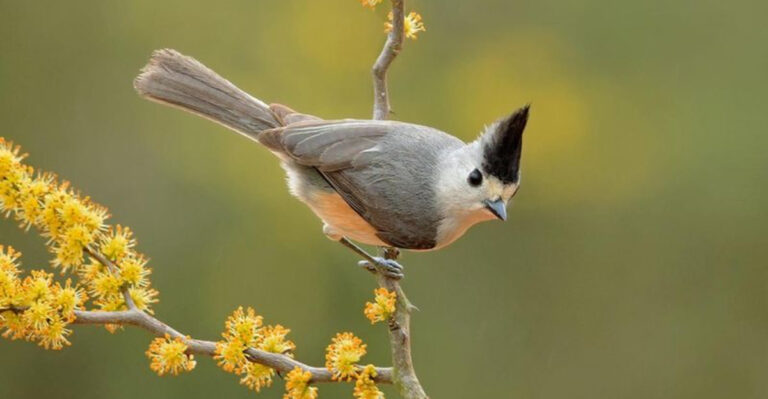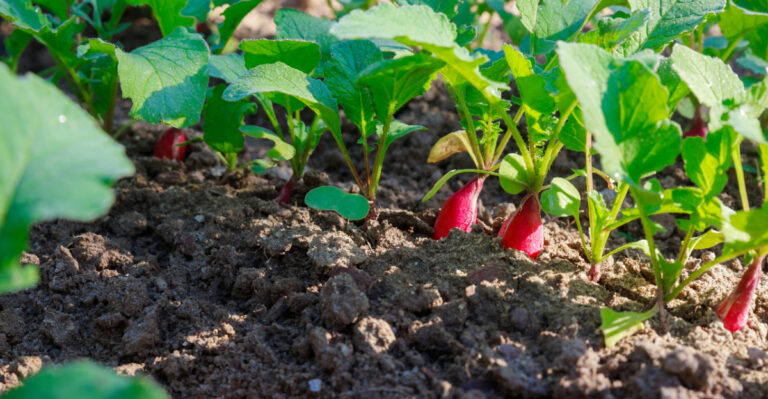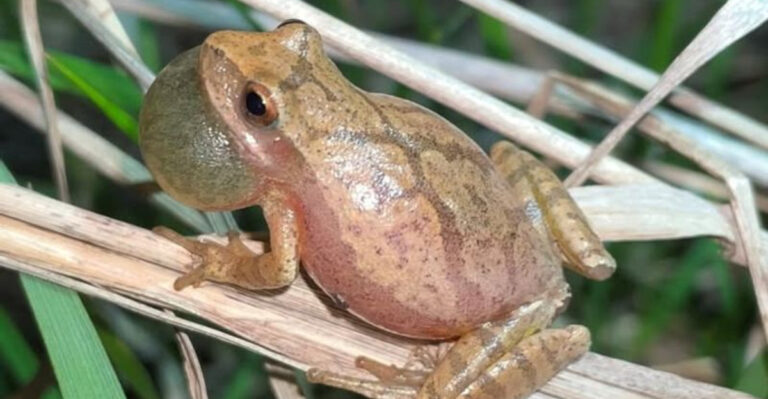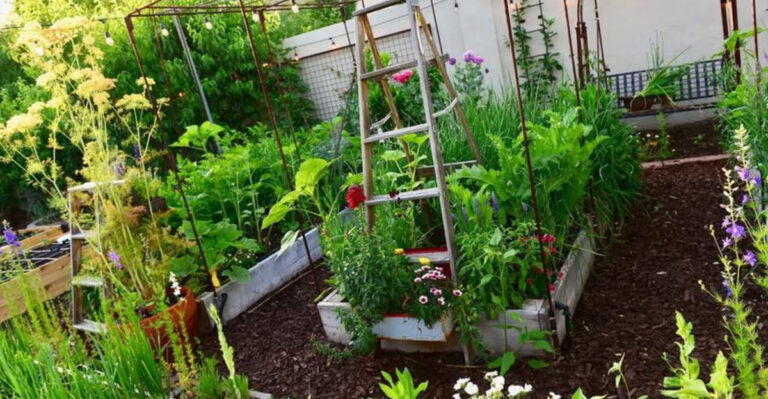Why North Carolina Homeowners Should Pause Squirrel Feeding In Winter
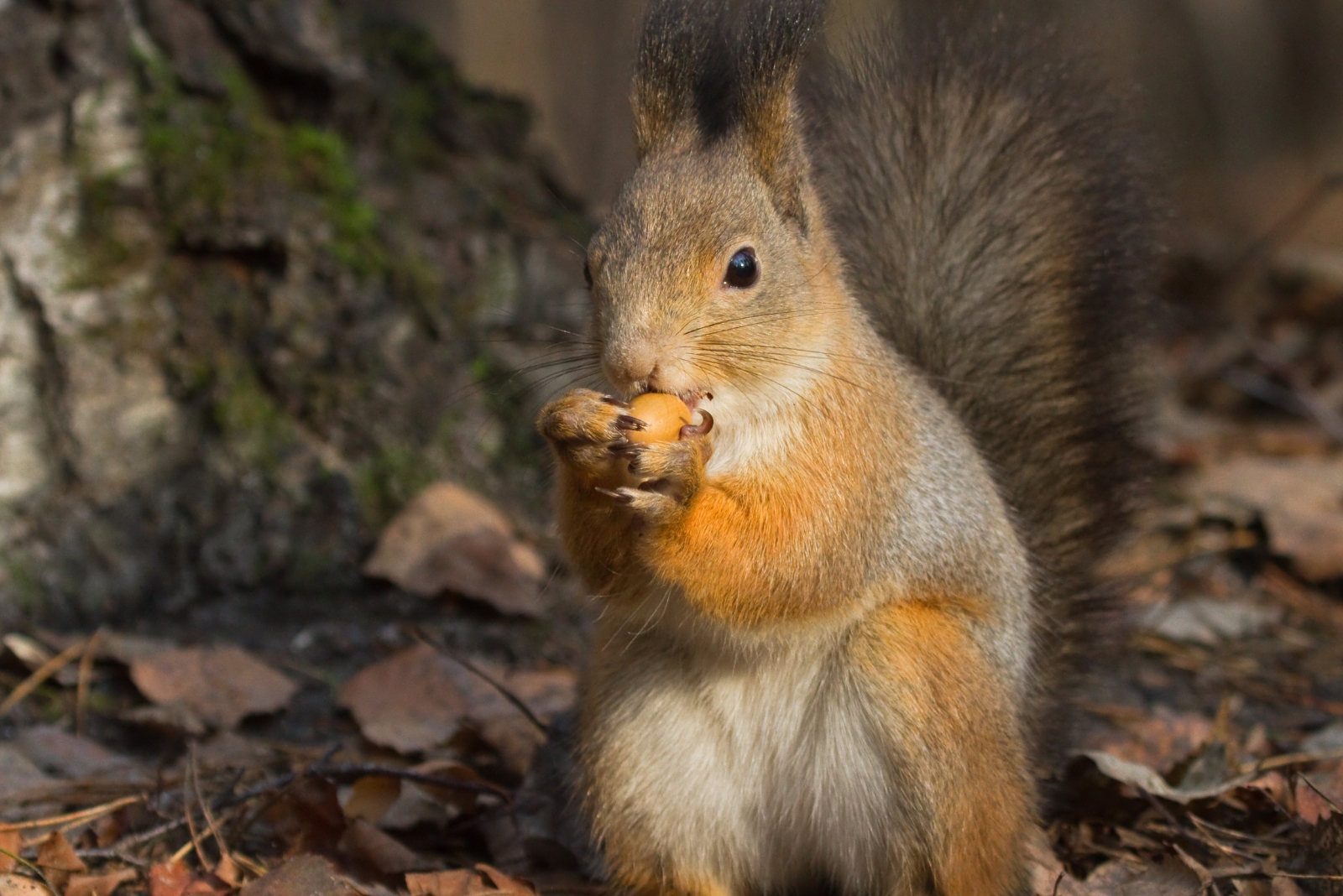
Some North Carolina yards become calmer and healthier when homeowners stop putting out squirrel snacks for a while.
The break keeps wildlife patterns steady again, preventing the crowding and chaos that feeders can accidentally create during colder months.
1. Dependency Disrupts Natural Foraging Skills

Regular feedings can make squirrels forget how to search for their own food, weakening survival instincts they desperately need during harsh North Carolina winters.
When squirrels rely too heavily on handouts, they lose motivation to gather acorns and nuts, which are abundant in the state’s forests and parks.
Building natural foraging habits keeps them strong and capable of thriving independently, even when humans aren’t around to help them find their next meal.
2. Attracts Unwanted Wildlife Visitors
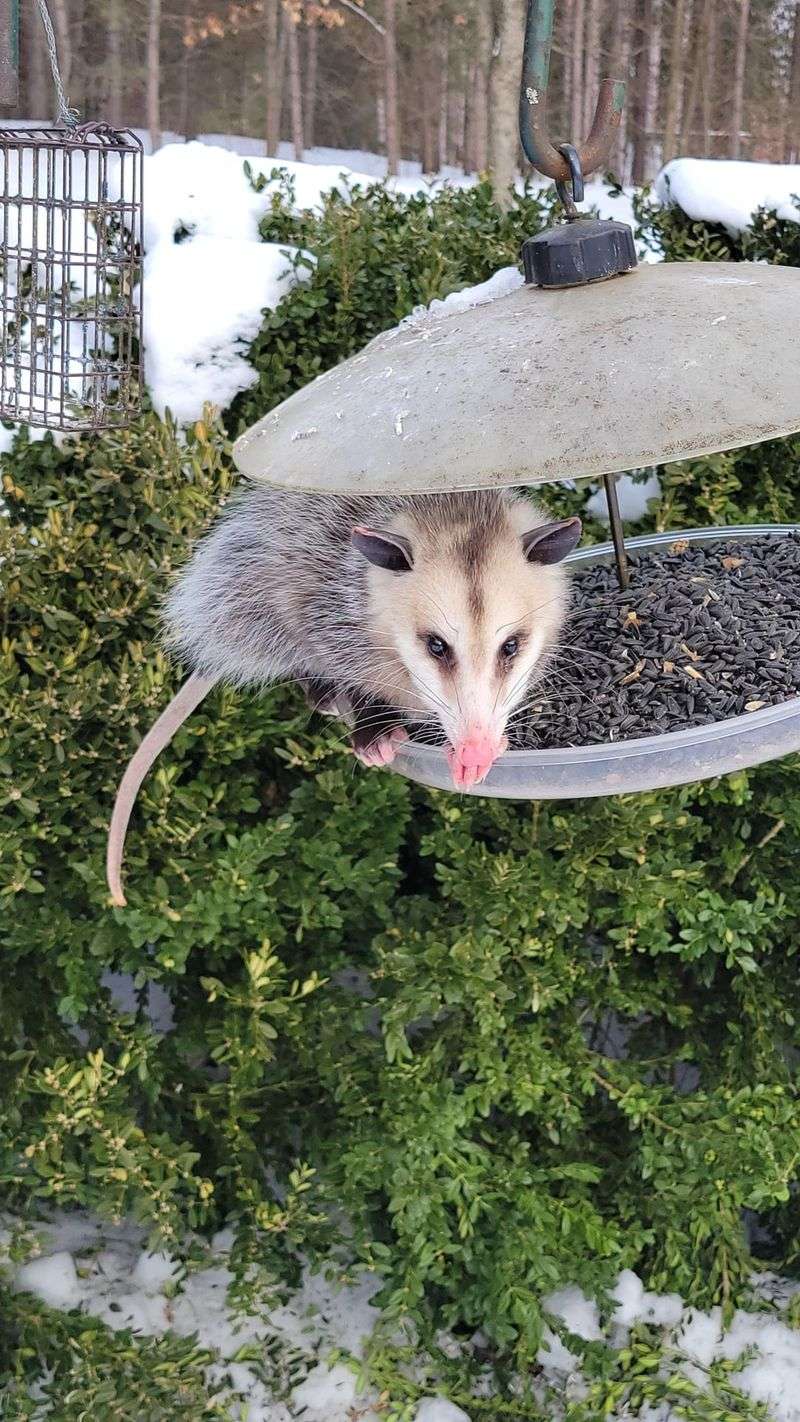
Bird feeders and squirrel stations often lure raccoons, opossums, and even rats into your yard, creating unexpected problems for homeowners across North Carolina neighborhoods.
These creatures come searching for easy meals and may decide to stick around, digging through garbage cans or nesting under porches and sheds.
Removing food sources helps keep your property peaceful and reduces encounters with wildlife that might carry diseases or cause damage to gardens and structures.
3. Increases Risk of Property Damage

Squirrels that become too comfortable around homes may chew through siding, invade attics, or damage electrical wiring, causing expensive repairs for North Carolina residents.
Winter drives them to seek warm shelter, and well-fed squirrels often view nearby houses as perfect nesting spots rather than staying in trees.
Discouraging their presence by stopping feeding reduces the likelihood they’ll see your home as an extension of their territory or a cozy refuge.
4. Spreads Disease Among Squirrel Populations

Feeding stations create crowded conditions where squirrels gather closely, making it easier for illnesses to spread rapidly among animals throughout North Carolina’s urban and suburban areas.
Shared food sources mean multiple squirrels touch the same surfaces, transferring bacteria, parasites, and viruses that weaken entire local populations over time.
Allowing squirrels to forage naturally keeps them dispersed across wider territories, reducing contact and lowering the chances of widespread sickness in your neighborhood.
5. Disrupts Hibernation and Seasonal Behavior
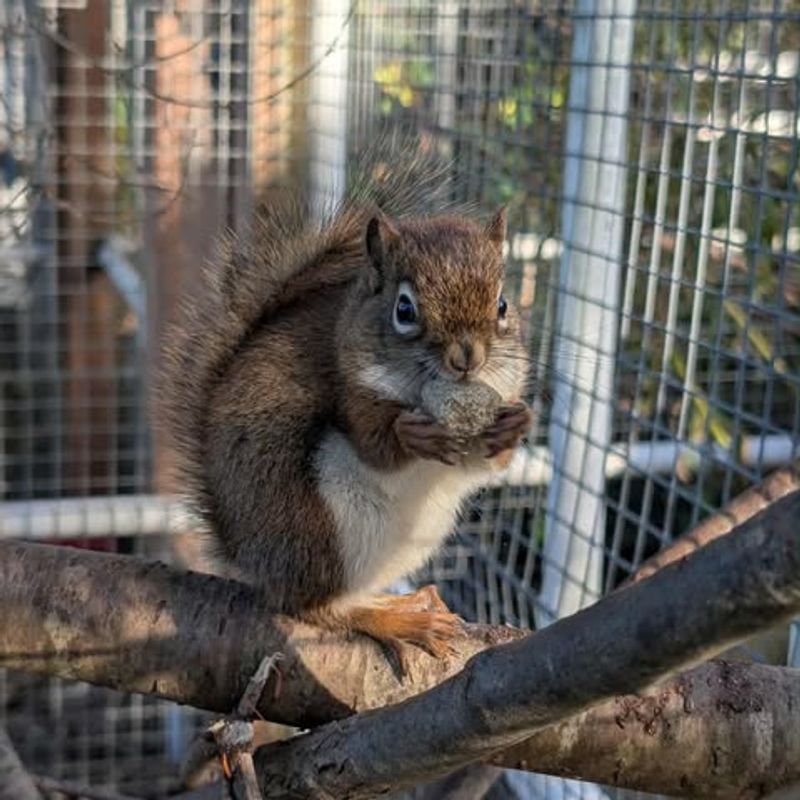
Constant food availability tricks squirrels into staying more active during winter instead of conserving energy, which can exhaust them during North Carolina’s coldest weeks.
Nature designed squirrels to slow down and rely on stored food caches, not daily handouts that keep them moving around unnecessarily in freezing weather.
Respecting their natural rhythms by pausing feeding allows them to rest appropriately, preserving strength and fat reserves needed to survive until spring arrives.
6. Creates Aggressive Territorial Conflicts

Limited feeding spots cause squirrels to fight over resources, leading to injuries and stress that can harm their health during the challenging North Carolina winter season.
Dominant squirrels may chase away weaker ones, preventing them from eating enough and creating an unfair situation that wouldn’t happen in natural woodland settings.
Eliminating artificial feeding stations reduces competition and aggression, allowing all squirrels to forage peacefully across larger areas without constant battles over limited food supplies.
7. Encourages Overpopulation in Small Areas

Abundant food sources cause squirrel numbers to grow beyond what the environment can naturally support, creating imbalances in North Carolina’s local ecosystems and neighborhoods.
Too many squirrels in one area leads to stripped trees, depleted gardens, and increased competition that harms other wildlife species trying to survive winter.
Letting nature control population sizes through natural food availability maintains healthier balance and ensures resources remain available for diverse animals sharing the same habitat.
8. Prevents Development of Winter Adaptations
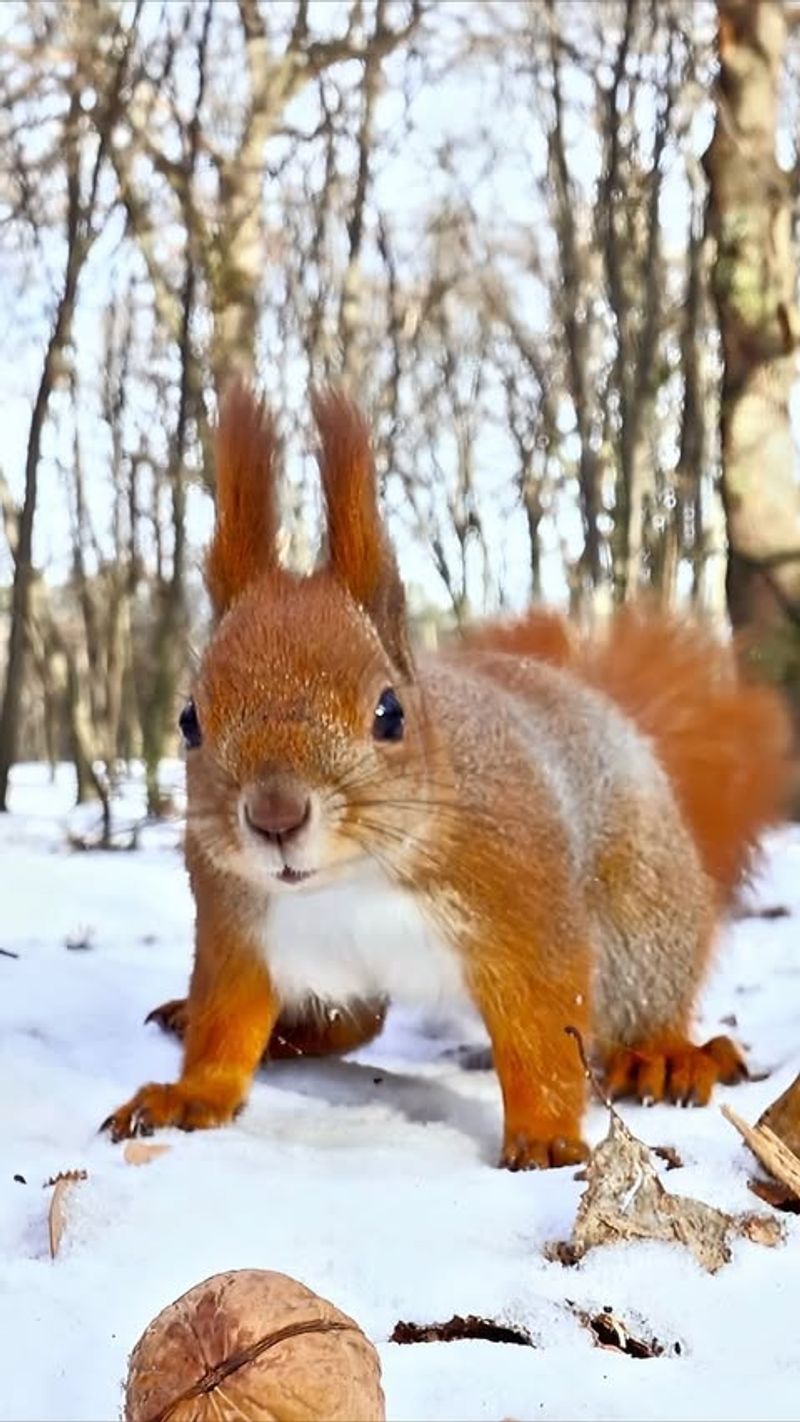
Squirrels need to experience natural challenges to develop thicker coats and better fat storage, skills that consistent feeding interferes with across North Carolina habitats.
When food comes easily, their bodies don’t trigger important survival adaptations that prepare them for truly harsh conditions or future winters without human help.
Allowing squirrels to face seasonal scarcity naturally strengthens their resilience, ensuring they remain capable of enduring cold temperatures and food shortages independently for years ahead.

